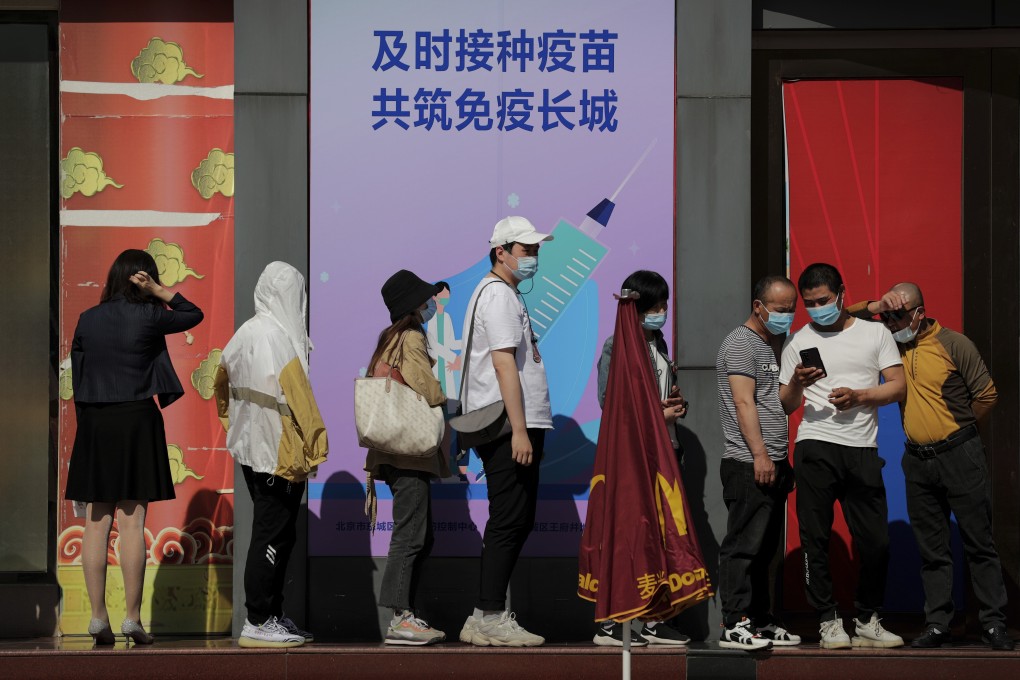Coronavirus: Chinese disease expert warns of virus spread and new variants if guard let down
- Shanghai doctor Zhang Wenhong says slow vaccine roll-out risks allowing new variants to emerge
- China gave out 14 million vaccine doses on Sunday, ramping up vaccinations after new local transmissions recorded

“Most of the world has not yet been vaccinated. Even in countries with abundant supplies, the vaccination rate might hardly reach herd immunity level that can effectively block transmission,” wrote Zhang Wenhong, the head of Shanghai’s Covid-19 clinical team, on the Chinese social media platform Weibo on Sunday.
“Vaccine roll-out is not fast enough and the possibility of the virus mutating and escaping [protection from the vaccines] is increasing.”
At least five officials from the two provinces were dismissed and dozens of others received warnings for dereliction of duty after failing to prevent the recent clusters.
While the absolute number of jabs given in China is the highest in the world – more than 406 million doses, or around 29 doses per 100 people – its statistics do not specify how many of the 1.4 billion population have had only the first dose of a two-dose vaccine or how many are fully vaccinated.
The country saw a ramp-up in shots after local transmissions were detected for the first time in months, administering a record 14 million doses on Sunday.